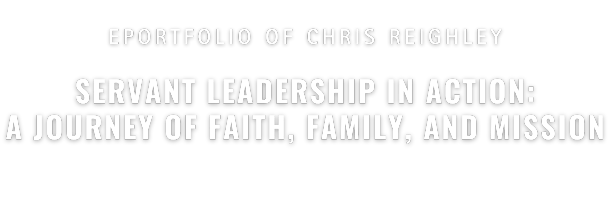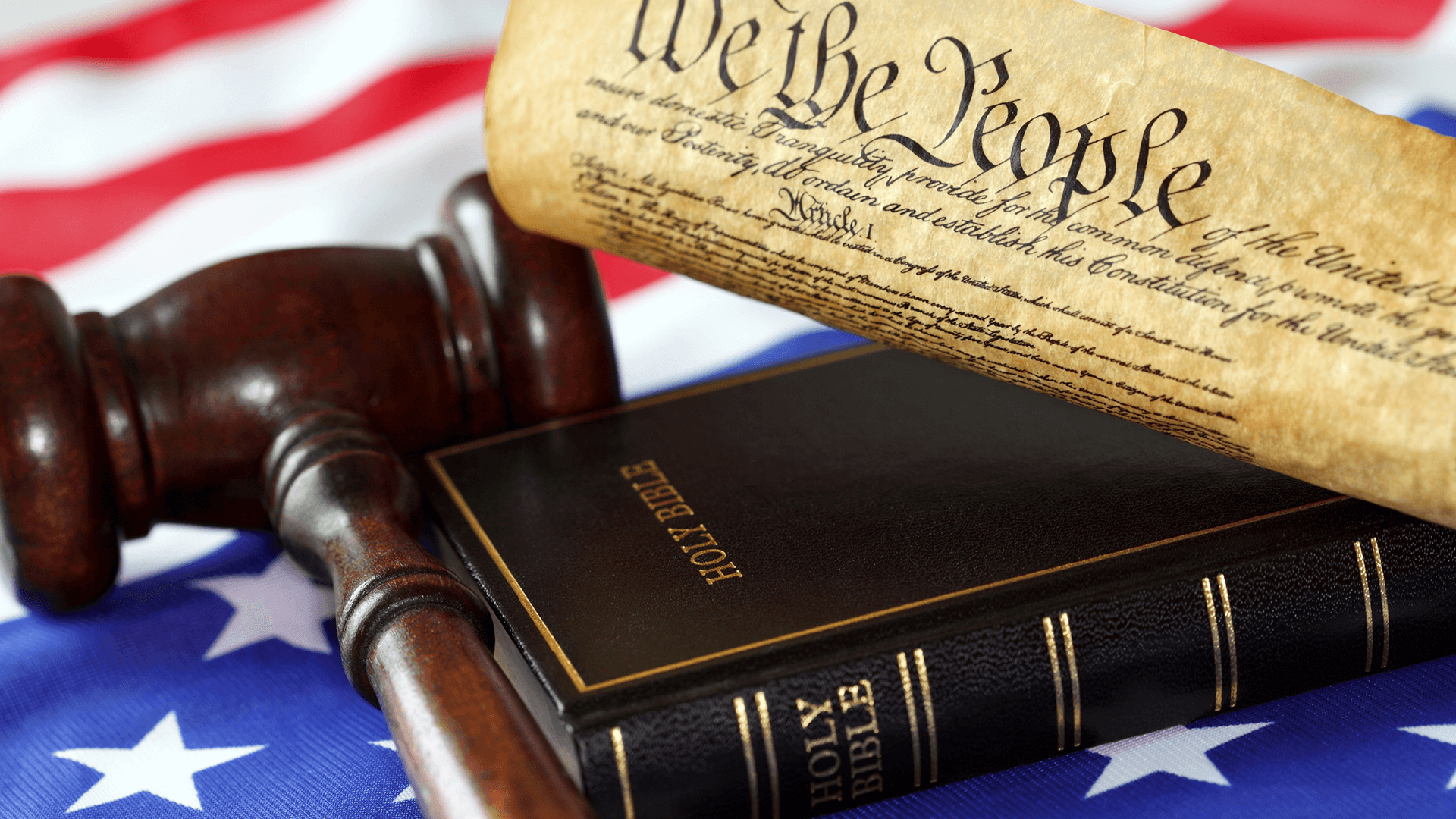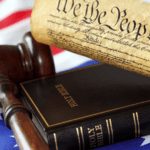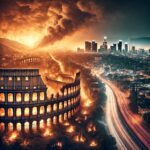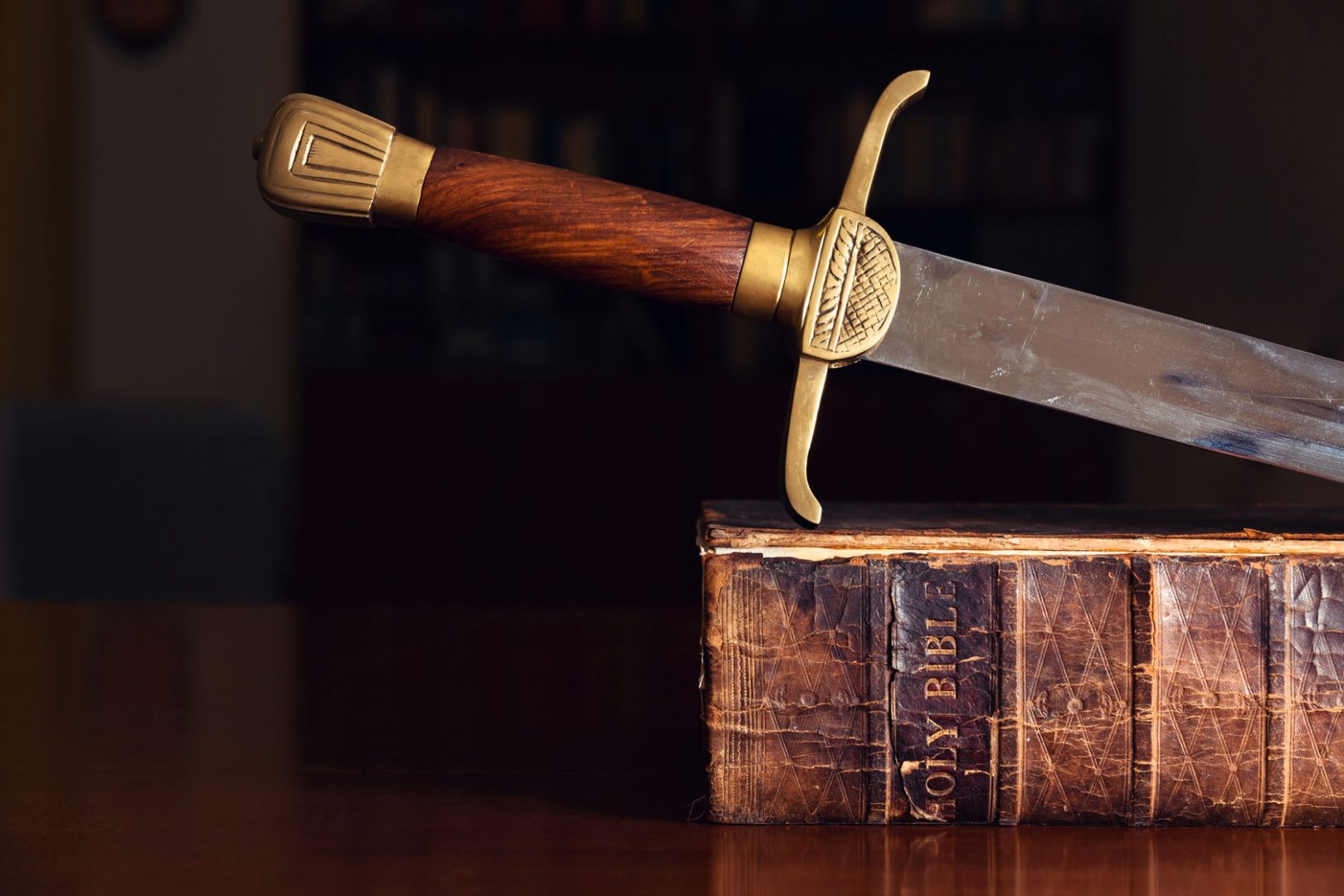This is Part 10 of the series Why Religious Liberty Matters
Religious Liberty in America:
A Journey Through Faith and Freedom
Religious liberty is more than a foundational principle of American law—it is a testament to the journey of faith, freedom, and courage that has shaped the very soul of this nation. Through this blog series, we have delved into religious liberty’s historical roots, its challenges, and its triumphs, tracing how this freedom has not only served as a legal safeguard but as a moral compass guiding the American experiment. As we conclude, we reflect on what we’ve uncovered: that religious liberty is both a profound gift and a weighty responsibility, an invitation to live freely in service to God and a mandate to protect this freedom for generations to come.
This exploration has led us from the colonial struggles for worship to the transformative debates of the Civil Rights Movement, through landmark Supreme Court cases, and into the contemporary challenges of a pluralistic society. Religious liberty, as we’ve seen, is not static; it is a living, breathing testament to God’s design for human dignity, one that must continually be upheld with vigilance, love, and conviction. This journey through religious liberty’s role in American life illuminates its true essence: it is not simply about preserving our rights but about embodying our faith openly, fearlessly, and with unwavering devotion to God and neighbor.
Summing Up: The Unique Position of Religious Liberty in American History
From the beginning, America has been a beacon of religious freedom, born from the conviction that each person should have the right to worship freely, without fear of repression or coercion. The First Amendment enshrined this freedom as foundational, not simply as an acknowledgment of personal rights but as a bold declaration of our nation’s commitment to honor the image of God in every individual. As we’ve uncovered in this series, religious liberty is, in many ways, the “first freedom”—the freedom that undergirds all others by establishing the rights of conscience, belief, and moral agency.
Political scientists and theologians alike recognize that religious liberty serves as a bedrock for other freedoms. In America, it has shaped the way we live, govern, and engage with one another. Thinkers like Alexis de Tocqueville observed that religion reinforced America’s unique blend of personal liberty and communal responsibility. He understood that the strength of our democracy was bound up in the strength of its moral character, nurtured by faith communities that inspired virtue, sacrifice, and justice. This notion resonates deeply with the biblical truth that humanity bears God’s image (Genesis 1:27), a truth that elevates each person’s right to worship and live according to their conscience.
For American Christians, religious liberty has always represented a sacred trust. It calls us to live out our faith as God’s ambassadors, bearing witness to His truth in a world that desperately needs it. This series has been a journey into the heart of that calling, showing us that religious liberty is both a privilege to treasure and a responsibility to uphold.
The Ongoing Journey: Religious Liberty in a Pluralistic Society
In today’s rapidly changing culture, religious liberty continues to be tested and redefined. We have seen how competing ideologies and expanding rights often challenge religious freedom, calling for a careful balance between individual liberties and societal expectations. The cases we’ve examined, from school prayer debates to healthcare conflicts, reveal that religious liberty is a living principle—one that requires constant interpretation and defense. It is a reminder that our faith must be lived out in every facet of life, courageously and compassionately, even when it goes against the cultural current.
As followers of Christ, we are called to “shine as lights in the world” (Philippians 2:15) and to preserve this freedom not only for ourselves but for future generations. Jesus’ teachings remind us that our calling is to engage with humility and respect, to love our neighbors, and to be voices of grace and truth. Through this series, we have examined the unique role of the Church in standing firm for religious liberty, not as a self-centered right but as a means of proclaiming the gospel. Each case and example has underscored the significance of this freedom as a platform to live out God’s love, justice, and holiness in a diverse society.
Religious Liberty’s Role in Shaping the Future
Religious liberty has been an unbroken thread woven into the fabric of American identity—a thread that has endured trials, persecution, and societal shifts. As we look to the future, this series reminds us that religious liberty is a responsibility we hold in trust, an essential part of America’s story that we are called to protect, nurture, and pass on. Each post has traced its evolution, showing us that this freedom remains vital, not just for the Church but for the very soul of America.
In a pluralistic society, religious liberty must remain central to who we are. It is a freedom that calls us to stand firm in our beliefs while reaching out to others in love, offering the hope of Christ with both humility and conviction. This blog series has explored how religious liberty in America has been a unique legacy, one that speaks to the God-given dignity of each person, allowing diverse beliefs to coexist while providing Christians the space to live out the gospel in every sphere of life.
The biblical truth of Imago Dei—the belief that each person is made in God’s image—underscores this call to protect religious liberty as more than a personal right; it is a testament to the inherent worth God has placed in humanity. The Deuteronomy 32 worldview, explored through the work of Michael Heiser, offers a cosmic vision of freedom and responsibility, reminding us that the Church is called to be a light among the nations, honoring God in a world of competing authorities (Heiser, 2015). This freedom to worship, to serve, and to stand for truth is a gift from God, a powerful reminder of His sovereignty and our purpose to bring His kingdom to a watching world.
Reflections on the Journey
In reflecting on the journey this series has taken us on, we see religious liberty as more than a legal or political topic; it is a profound journey of faith and purpose. Religious liberty in America, though continually tested, stands as a monument to the values and faith that shaped this nation and continues to shape us today. It calls us not only to cherish our rights but to live as examples of Christ’s love and truth, embracing the responsibility to shine brightly in a society that is searching for meaning, hope, and identity.
As Jesus reminds us in John 8:32, “You will know the truth, and the truth will make you free” (Legacy Standard Bible, 2021). This freedom is more than a constitutional guarantee; it is a gift from God, an invitation to live boldly for Him, and a responsibility to share His love with others. In a world that often redefines the source of truth, religious liberty remains a powerful reminder that true freedom lies in knowing and proclaiming the eternal truth of God’s Word.
Chris Reighley is a Colson Fellow and a leader grounded in faith, family, and mission. With a career spanning servant leadership, digital marketing, and servant leadership, he is driven by a passion for empowering others. He is pursuing an Executive Master’s at The Bush School of Government and Public Service at Texas A&M and a Master of Arts in Biblical Studies from Redemption Seminary. Through Shoe Leather Gospel, Chris is dedicated to combating biblical illiteracy and mentoring future leaders.

References
Heiser, M. S. (2015). The Unseen Realm: Recovering the Supernatural Worldview of the Bible. Lexham Press.
Legacy Standard Bible. (2021). 2nd ed.
Tocqueville, A. de. (1835). Democracy in America.
